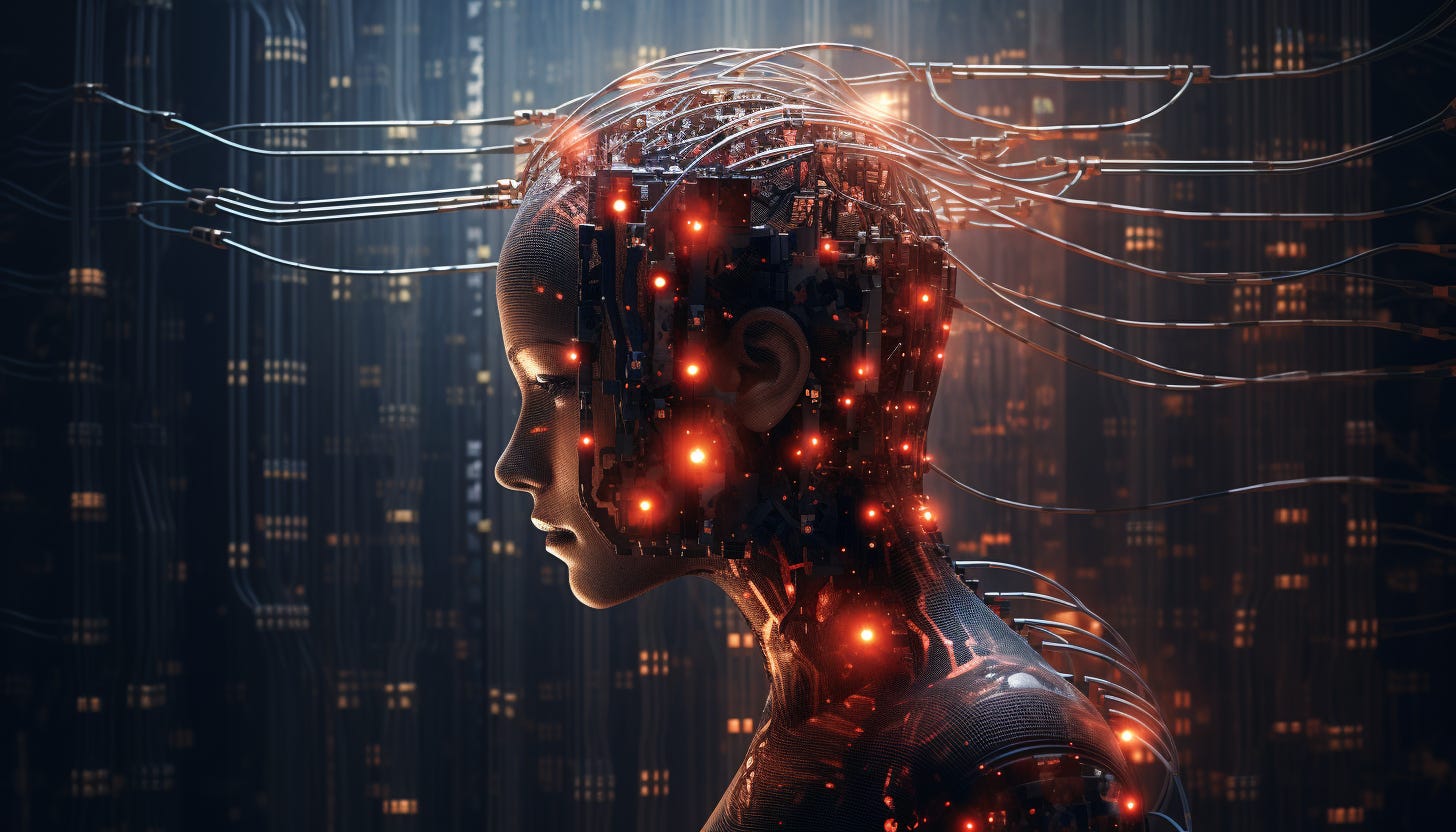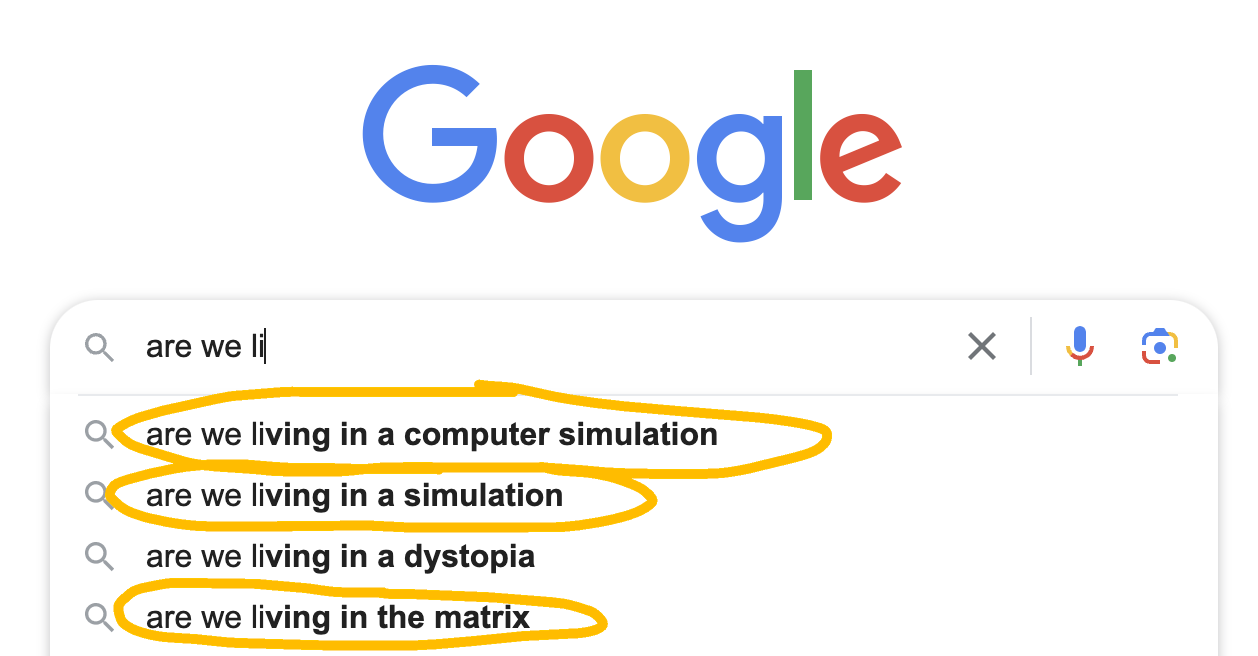Are we living in a simulation?
🤖 Neural networks don't model brains, computer programs aren't conscious or are they; my mind hurts a little after reading "Permutation City"
Our brains run on electricity. Just like transistors in a computer, brain neurons are activated by electrical impulses.
The brain–computer analogy is close enough that computer scientists designed a family of algorithmic methods called “neural networks” that somewhat mimic the way a brain works when learning new information. These techniques have been quite successful recently, powering everything from Google Translate through Midjourney to ChatGPT.
Computer model of the brain (what neural networks are not)
But neural networks don’t really model a human brain. In a real brain synapses form a complex mesh of connections, including countless feedback loops (areas where electrical impulses run in circles). On the other hand, neural networks of today are regular and limited in what, if any, feedback loops are possible. They also don’t account for chemical signals (neurotransmitters).
What would happen if we actually simulated a human brain, in all its complexities? This isn’t possible today, but may become possible eventually, as the technology for medical imagery and our understanding of the brain improves.
In such a simulation, a computer program would store the state of the simulated mind (both the electrical and the chemical state) as a bunch of numbers. It would then simulate state transitions by calculating the next state of the mind based on the previous state.
The pesky question of consciousness
Would a brain fully simulated by a computer program be “conscious”? That is, would it have subjective experience ? Would it be capable of “feeling” annoyed or happy? There are two possibilities:
if consciousness is somehow tied to the core biological, chemical and physical substance of the brain, then no, the computer program will not be conscious. On the other hand…
if consciousness is purely a side effect of large amounts of information being processed in some specific patterns (that happen to occur in a human brain, and will be reproduced in the simulation), then yes, the program would be conscious
The mind-bending implications
Here’s a slightly unsettling realisation: if a computer program can be “conscious” (have subjective experience), then it shouldn’t matter how the simulation is run. It could be run on 100 different computers. It could be run out of order (one computer computing a transition from state 6 to 7, then another one computing the step 2 to 3).

It could be run using a bunch of rocks on an infinite desert slowly rearranged by an immortal and very patient dude (see this XKCD at your own risk). None of this would be perceptible to the person being simulated. If consciousness is a side-effect of information processing, it shouldn’t matter what physical device performs the computations.
Which leads to the final unsettling question: if a program could be made conscious, am I (or you, the reader) living in a computer simulation?
The answer for today is maybe, and we won’t know. At least until we answer the “pesky question” of the nature consciousness. In the meantime, we’re not alone in pondering the question:
In other news
📖 Permutation City by Greg Egan was deliciously mind-bending, and inspired today’s topic. The book takes the idea of consciousness in simulated environments to unsettling depths
🎲 If you prefer to run a simulation than to live in one, Stanford and Google researchers open-sourced their simulation of human-like agents living in Smallville
Postcard from the Faroe Islands
The rain and the chill of the Faroe Islands suddenly feels very appealing, now that I’m back home during a summer heatwave ☀️.
Stay hydrated and have a great week 💫
– Przemek





